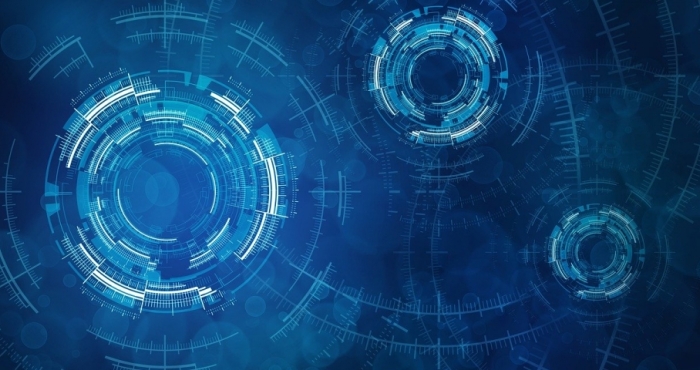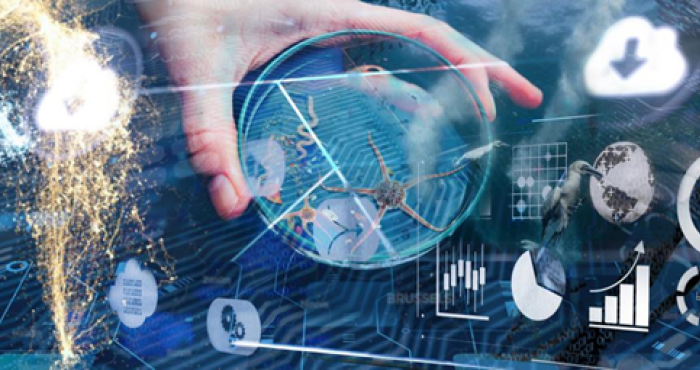

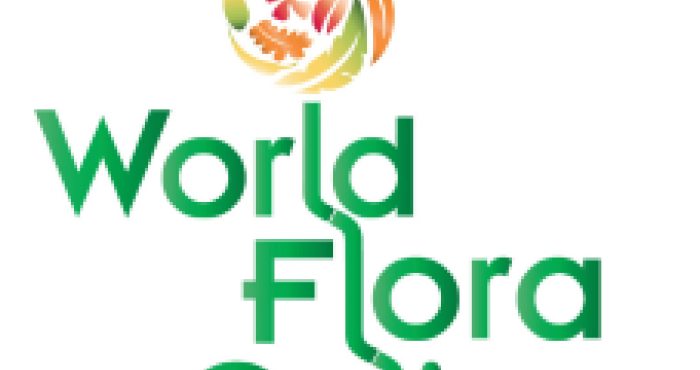
The World Flora Online & the International Compositae Alliance join forces
About six months after the official launch of the Global Compositae Database through the Aphia infrastructure, its content is now being shared with the World Flora Online. The collaboration between these two initiatives has become official through a Memorandum of Understanding (MoU).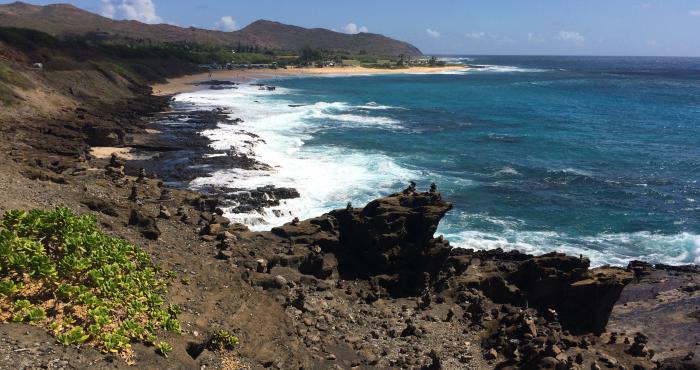
Streamlining of the environment flags on all higher taxonomic levels
Although the environment flag in Aphia was quite complete on species level already, there were still some gaps on the higher taxonomic levels. This has now been improved, representing a major update for the Aphia related services and downloads.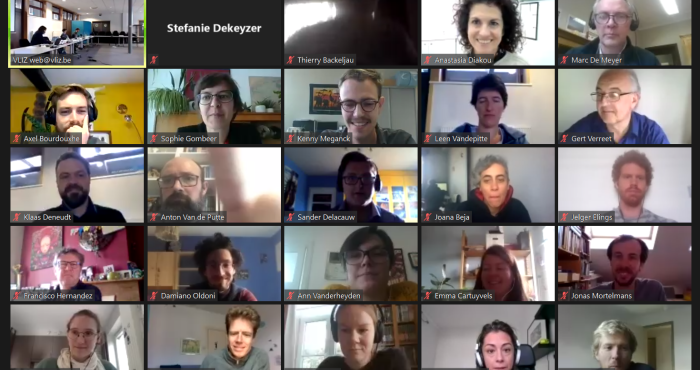
LifeWatch Belgium: a highly innovative infrastructure for biodiversity research
The third edition of the LifeWatch.be Users & Stakeholders Meeting took place on October 15th and 16th 2020. Due to the Covid-19 pandemic, this year’s edition happened entirely online.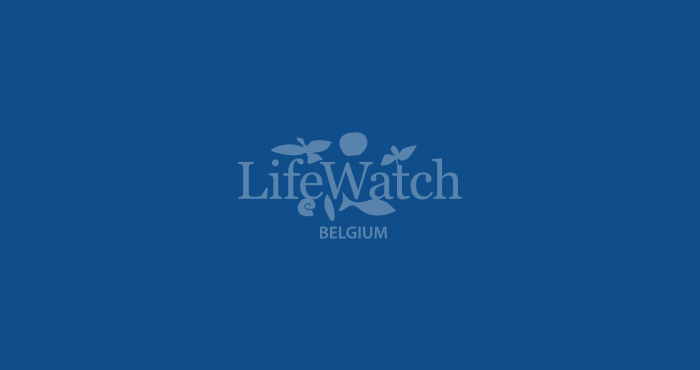
Yearly integration of new GEBCO, ACUF and New Zealand features completed
Marine Regions has finished its annual integration of new features from the GEBCO, ACUF and New Zealand gazetteers.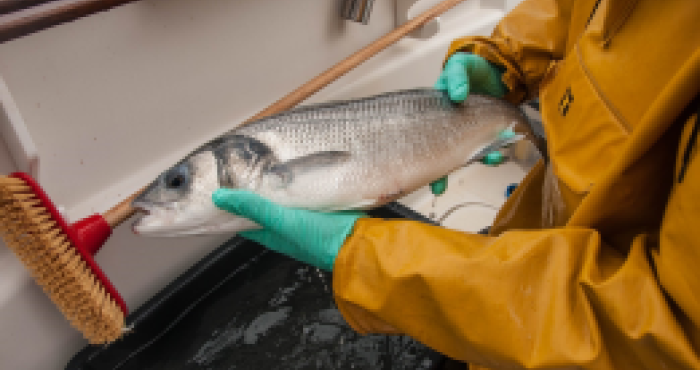
The pursuit of seabass and its conservation: electronic tagging
Little is known on the movements of European seabass in the (Belgian Part of the) North Sea. Yet, knowledge of these spatial dynamics are crucial for the management and conservation of the jeopardized stock.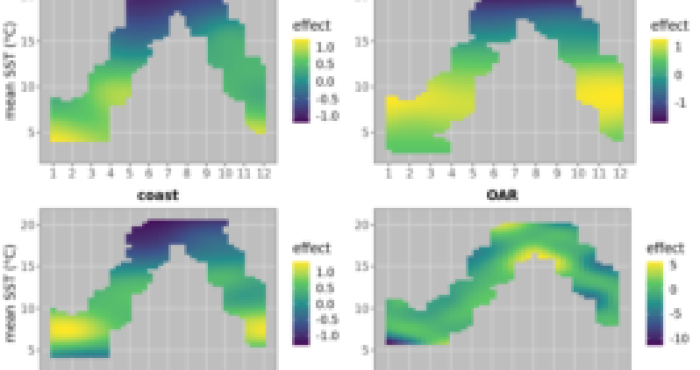
LifeWatch thesis wins Best Thesis award
Clyde Blanco was awarded the Best Thesis (out of 98) of the 2018-2020 cohort in The International Master of Science in Marine Biological Resources (IMBRSea) program.
The High Seas. A new member of the Maritime Boundaries family.
MarineRegions.org releases the first version of the High Seas, the last addition to the Maritime Boundaries dataset.
WoRMS needs YOU!
WoRMS is a highly collaborative effort of over 500 involved experts, but we need all users – taxonomists, ecologists and non-scientists – to help us to keep WoRMS up-to-date and correct. If you find an error or an omission, please get in touch with us directly. Direct contact can fix errors a lot faster and more efficient than the WoRMS Team having to learn about these through peer-reviewed publications.